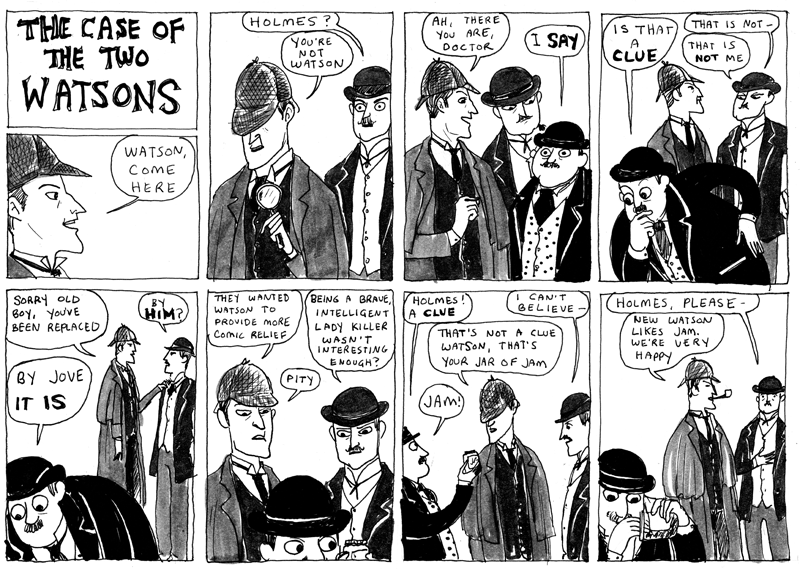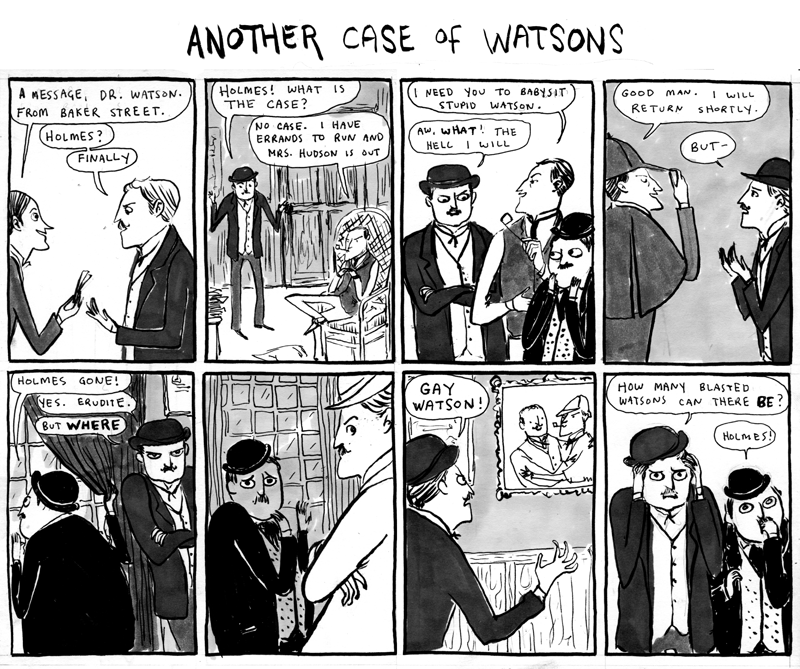How Sci-Fi and Action Genres Have Changed Over the Years
By Michael Lee
Published: September 28, 2010 @ 2:35 pm
Mr. Plinkett over at Red Letter Media has a great review of JJ Abrams' "Star Trek" or as he calls it Star Trek the Star Trek. And while his review is full of snark and serial killer humor, one of the points he makes really stands out.
In Plinketts view, the "Next Generation" movies were failures because they tried over and over again to make action movies with a cast that was not suited for action movies AT ALL. And that is really telling in how sci fi television shows have changed in the last few years.
Thats because "Star Trek the Next Generation" was a classic sci fi TV show. It was geared towards the small screen. The stories were intimate and often were centered around ideas. Action and suspense were built more through plot twists and less through violent confrontation. And the cast excelled at that kind of a show.
But just a few short years later things started to change. Sci-fi movies which had become primarily action adventures after "Star Wars" began to assert more and more influence. Sci-fi television started to become more action oriented. While shows like "Heroes," "Firefly," "Fringe," "Battlestar Galactica," and even "Warehouse 13" werent exactly the "Power Rangers," they still put higher physical demands on their actors than the "Trek" franchise. These shows are still about ideas, but now those ideas usually lead to a fistfight or a chase.
Compare the "Star Trek Next Gen" movies to "Serenity." The "Firefly" cast looked right at home with all the gun play and explosions. In fact many of the sequences that the Nathan Fillion and Summer Glau nailed are the same kinds of sequences Plinkett railed against in the "Trek" movies. He ragged on "Insurrection" for having Picard go mano e mano with the head bad guy at the end. With "Serenity," itd be out of character if Mal Reynolds DIDNT take on The Operative at the end. And it has nothing to do with the age difference. If by chance Nathan Fillion is playing Mal Reynolds again 20 years from now in a "Firefly" movie (theres always hope) wed still expect him to get his hands dirty. Thats who his character is. Picard is a starship captain, a scientist, and a brilliant strategist and tactician, not a special forces commando. And sci fi shows today are featuring characters more like Mal Reynolds than Capt. Picard.
Meanwhile over in the regular action universe the exact opposite is happening. Popular TV shows are influencing the movies. As any fan of '80s action movies can tell you, the authorities in those pictures are always idiots. Some of this is due to the politics of the era but it was mostly a dramatic necessity. There wouldnt be any need for John McClane to take matters into his own hands if the cops in "Die Hard" could simply do their jobs competently.
But try pulling off something like that nowadays and audiences would march out. What changed? "Law and Order" and "CSI" became the biggest hits on TV. The most popular scripted shows are almost all procedurals. What does that mean for action movies? Lets put it this way, when was the last time you saw a SWAT team as grossly incompetent as the one in "Die Hard"? Or when was the last time you had criminal masterminds acting so blatantly obvious as in "Lethal Weapon"? Sure you occasionally see this level of dumb in minor films like "The Marine" but rarely in anything with a real budget.
Action films today either take place entirely on the wrong side of the law like the "Crank" series or they go the "Bourne" route. The "Bourne" series shows how complicated and difficult it is to come up with an action thriller that savvy procedural fans will enjoy. The series has been a success but it required a lot of effort. Thats why we see superhero movies and fantasy films eat up more and more of the action audience.
Things are really going to get interesting in the near future. TV networks are becoming less and less fearful of airing fantasy shows. The procedural is entrenched right now, but will that last? HBO has already gone from "The Sopranos" to "True Blood." AMC is getting ready to unleash "The Walking Dead." Is there a sci fi show out there that can go head to head with the "CSI" and "Law and Orders"? And what will that do to the face of entertainment?
http://www.thewrap.com/movies/blog-...ction-television-has-changed-over-years-21263
I found this interesting. Explains a few things about where movies and TV have gone in the recent past.


